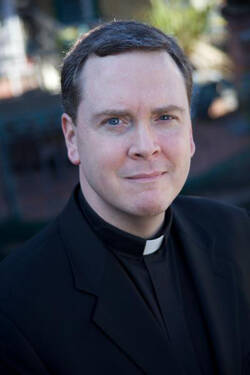Apart from a few members of Cairo’s Muslim Brotherhood, you’d be hard pressed to find anyone willing to defend Muhammad Morsi’s record as president of Egypt. Long before he was forced from the Heliopolis Palace last month by a quick and dirty military coup, Mr. Morsi’s incompetence had earned him the perfervid distrust of gigantic swaths of the Egyptian electorate, most of whom had voted him into power just 12 months earlier.
And that, as they say, is the rub: Mr. Morsi is Eqypt’s legitimate, democratically elected head of state. As a general rule, democratically elected governments should be changed by ballots, not bullets. The most unsettling bit, however, is not that the condition of Egyptian democracy has been downgraded from serious to critical, but that there are any number of parties who would be pleased to write a do-not-resuscitate order on the patient’s chart.
Even the United States seemed unperturbed by the return of mobocratic rule to Cairo. The U.S. State Department, aware that calling a spade a spade would set in motion a legally mandated response, went to the most incredible lengths to deny that what had taken place was a coup, the sort of forceful denial of an objective reality that in another context might constitute prima facie evidence of one’s clinical derangement. For State Department officials, however, such linguistic contortions are an ordinary day’s work. And why not? The coup d’état, after all, is an ordinary means of governance in many so-called democracies.
Take Turkey, for example, where this month the Turkish parliament acted to amend army regulations that have often been used as legal justification for the military’s intervention in politics. The Turkish military has staged three coups since 1960. Each intervention, the military claimed, was in defense of the state ideology, succinctly expressed in the Turkish national motto: “Sovereignty unconditionally belongs to the Nation.” Turkey, say the generals, is a thoroughly secular democracy; should the “religious fanatics” threaten the public order, then the military will intervene, effectively burning the village in order to save it. While the military has now been tamed, they will surely remain on the lookout for religious interference in government affairs. Religion and government, after all, are a volatile, even dangerous, mix.
Or are they? In this issue William T. Cavanaugh questions some of our basic and perduring assumptions about religion and violence. It’s important to get one thing straight from the get-go: Professor Cavanaugh does not deny that some religious people are violent. What he questions is the notion that religion is inherently violent or dangerous. Perhaps the Egyptians and the Turks are right; perhaps certain forms of political Islam, in that particular part of the world, at this particular moment in history, are dangerous. Professor Cavanaugh isn’t addressing that issue, merely questioning the notion that such movements are dangerous simply because they are “religious.” Between 1998 and 2008, for example, the European Court of Human Rights made more than 1,600 judgments against Turkey for human rights violations; yet no one has suggested that this is evidence that secularism is somehow inherently violent.
One can quibble with Professor Cavanaugh’s thesis, but his basic point is compelling: In a strange sort of way, the myth that religion is inherently prone to violence, that religion and politics shouldn’t mix, distracts us from the fact that politics and violence almost always mix. The difference is that when violence is done in the name of religion, it’s called fanaticism; when it’s done on behalf of the state it’s called patriotism. In both cases, though, more often than not, God has a different name for it: sin.








